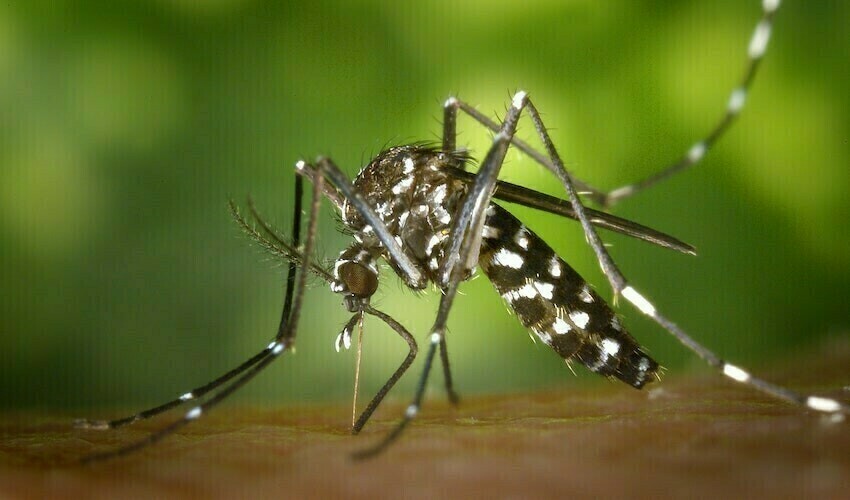Antibiotic resistance is a serious global health threat. It occurs when bacteria develop the ability to withstand the effects of antibiotics. This can make it difficult or impossible to treat infections, and can lead to serious illness or death.
Antibiotic resistance is well documented and responsible for more than five million deaths globally each year.
There are a number of things you can do to help prevent antibiotic resistance. Here are some dos and don’ts.
Dos:
Take antibiotics only when prescribed by a doctor. Don’t pressure your doctor to prescribe antibiotics if you don’t need them.
Take the full course of antibiotics, even if you start to feel better. Stopping them early can encourage the development of resistance.
Avoid sharing or reusing antibiotics. This can spread resistance to others.
Get vaccinated against preventable diseases. Vaccines can help protect you from infections that require antibiotics.
Eat a healthy diet and maintain a healthy weight. This can help keep your immune system strong.
Wash your hands often. This can help prevent the spread of infection.
Don’ts:
Expect antibiotics to treat viral infections. Antibiotics only work against bacterial infections.
Take leftover antibiotics from a previous prescription. These may not be the right ones for your current infection, and they could contribute to resistance.
Drink alcohol while taking antibiotics. Alcohol can interfere with the way they work.
Eat raw or undercooked meat, poultry, or eggs. These foods can contain bacteria that can cause food poisoning.
Use antibiotics in livestock. The use of antibiotics in livestock can contribute to the development of resistance.
If you have any questions about antibiotic resistance, talk to your doctor. They can help you understand the risks and benefits associated with these drugs and make sure you are using them safely and effectively.



























